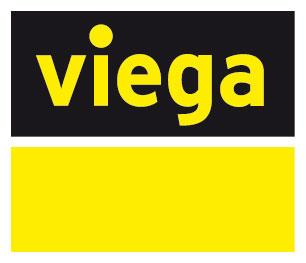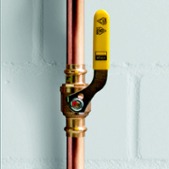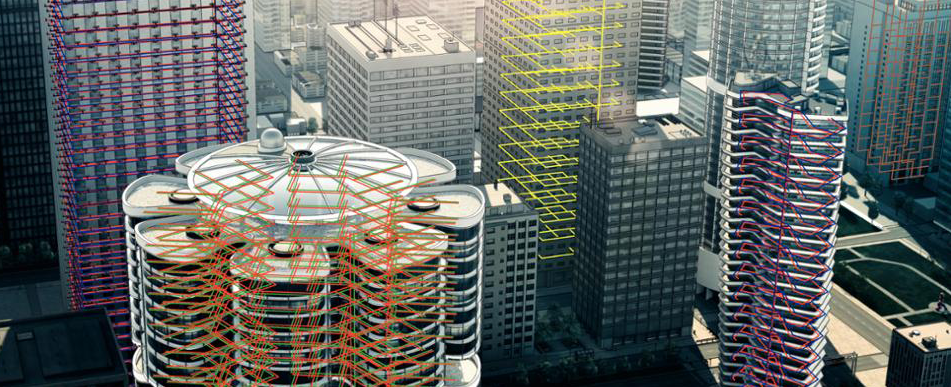When wastewater treatment ends, a new concern emerges: residual sludge. Wastewater treatment plants need to ensure that this process byproduct—one that is composed primarily of water, with few solid materials—is properly disposed of or made available for future use.
In either case, treatment is a multi-step process. Not only do organic materials need to be stabilized to reduce potential health risks, but the weight and volume of the sludge must be reduced to minimize handling difficulties and hauling costs.
That’s where techniques like thickening and dewatering come into practice. Feeding sludge through a gravity thickener can reduce its overall volume, while passing it through a centrifuge can filter out water that adds to its weight.
While these methods are effective in many applications, others call for an “out-of-the-box” solution. For the Big Bear Area Regional Wastewater Agency (BBARWA) in Big Bear, California, the answer came in the form of radiant technology.
Viega Tackles Out-of-the-Box Radiant Technology Projects
In the typical sense, radiant technology is used for applications like heated floors and sidewalks and snow-free driveways. But the BBARWA saw the opportunity for another application: a heated slab within an enclosed, ventilated building that could dry sludge.
With this idea in mind, the next step was for the BBARWA to explore its viability. This led to a conversation between a plant manager at the agency and a Viega radiant sales manager and district manager, and subsequently, the start of the radiant design process.
The cogeneration system was designed to leverage heat from one of the facility’s three natural gas generators to heat water flowing through the slabs. Based on the water temperature via the generator’s exhaust, Viega design engineers were able to help specify the optimal size, space and installation depth of the tubing in the slab to meet sludge-drying objectives.
With these project specifications in place, it was decided that the Viega Climate Mat system was the best fit for the job. This can be attributed to the fact that this system is the ideal choice for applications over 10,000 square feet, with the BBARWA project calling for 18,900 square feet.
The radiant technology allowed the system to be installed in less than one day, saving an estimated three weeks of labor. And the benefits haven’t stopped there: in the first year of operation alone, the new system successfully saved the facility around $200,000 in expenses.
Ready to see more applications of Viega radiant technology? Browse our extensive portfolio of project profiles.









